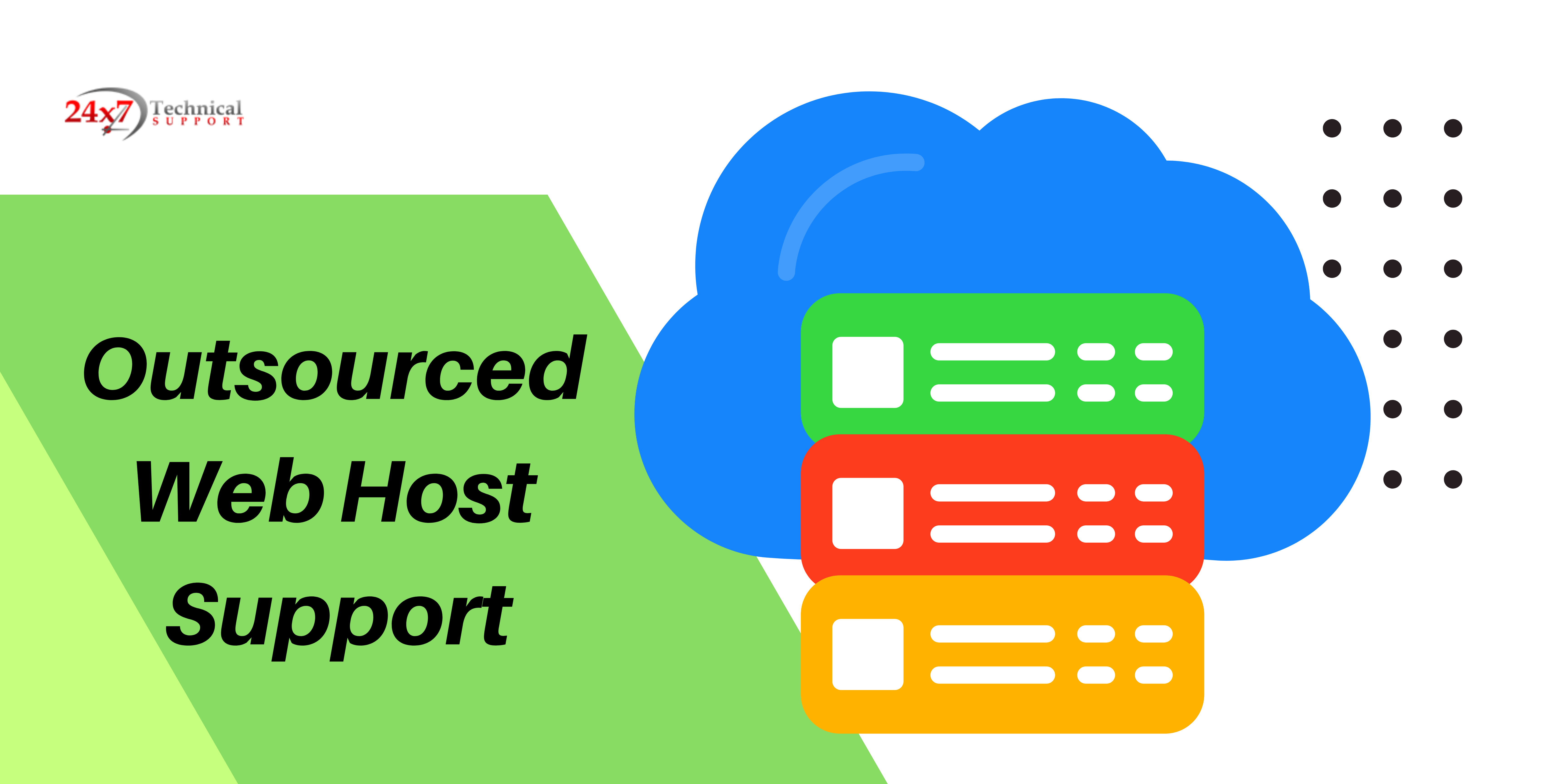
Outsourced Web Hosting Support: The Key to Efficient and Reliable Hosting Solutions
Introduction: The Importance of Web Hosting Support
Web hosting is the foundation of any successful online presence. It refers to the process of storing website files on a server that allows them to be accessed by users on the internet. Hosting providers not only offer server space but also ensure the smooth functioning of websites, including server maintenance, security updates, and technical support. Timely and efficient web hosting support is crucial to maintain a website’s performance, resolve technical issues promptly, and deliver a seamless user experience.
Understanding Outsourced Web Hosting Support
Outsourced web hosting support involves partnering with a specialized company or team to handle the technical aspects of hosting, server management, and customer support. Instead of building an in-house support team, businesses can leverage the expertise and experience of a third-party provider to handle the complexities of web hosting. This allows companies to focus on their core business activities while leaving the technical intricacies to the professionals.

The Benefits of Outsourcing Web Hosting Support
1. Enhanced Technical Expertise
Outsourcing web hosting support provides access to a team of skilled professionals who possess in-depth knowledge and experience in managing hosting environments. These experts are well-versed in the latest technologies and best practices, ensuring that websites are secure, optimized, and always up-to-date. Their expertise extends to troubleshooting technical issues, minimizing downtime, and implementing effective disaster recovery plans.
2. 24/7 Monitoring and Support
One of the significant advantages of outsourcing web hosting support is the availability of round-the-clock monitoring and support. Reliable support teams ensure that any technical issues or performance concerns are addressed promptly, minimizing potential disruptions to the website and its visitors. This proactive approach allows businesses to provide uninterrupted service to their customers and maintain a high level of satisfaction.
3. Scalability and Flexibility
As businesses grow and experience increased website traffic, their hosting requirements may change. Outsourced support teams are equipped to handle scalability needs, ensuring that websites can accommodate higher volumes of traffic without compromising performance. Whether it’s upgrading server resources, implementing load balancing, or optimizing database performance, outsourcing offers the flexibility to adapt to changing business demands.
4. Cost Savings
Outsourcing web hosting support can significantly reduce operational costs for businesses. Instead of investing in hiring and training an in-house support team, companies can opt for a cost-effective outsourced solution. This eliminates the need for infrastructure investment, employee benefits, and ongoing training expenses. Additionally, outsourced support providers often offer competitive pricing models that align with specific business needs, resulting in substantial cost savings.
Choosing the Right Outsourced Web Hosting Support Provider
Selecting the right outsourced web hosting support provider is crucial for seamless collaboration and achieving desired outcomes. Here are some key considerations when evaluating potential partners:

1. Evaluating Expertise and Experience
Look for a support provider with a proven track record in web hosting support. Assess their expertise in different hosting environments, such as shared hosting, virtual private servers (VPS), or dedicated servers. Evaluate their experience in handling specific technologies, content management systems (CMS), and e-commerce platforms relevant to your business.
2. Assessing Service Level Agreements (SLAs)
Carefully review the SLAs offered by potential support providers. SLAs define the level of service, response times, and issue resolution commitments. Ensure that the SLAs align with your business requirements and provide adequate guarantees for uptime, response times, and customer satisfaction.
3. Security Measures and Data Protection
Web hosting support providers must prioritize data security and protection. Inquire about their security protocols, backup procedures, and disaster recovery plans. Ensure they adhere to industry standards and regulations to safeguard your website and sensitive customer data.
4. Compatibility and Integration
Consider the compatibility and integration capabilities of the support provider with your existing systems and workflows. Seamless integration ensures a smooth transition and minimizes disruptions during the onboarding process. Evaluate their ability to collaborate with your internal teams and other service providers.
Conclusion
Outsourced web hosting support has emerged as a strategic solution for businesses aiming to optimize their hosting operations and deliver exceptional customer experiences. By leveraging the expertise of specialized support teams, organizations can ensure reliable, secure, and scalable hosting solutions. The benefits of outsourcing include enhanced technical expertise, 24/7 monitoring and support, flexibility, and cost savings. However, it is crucial to carefully select a reputable support provider, establish effective communication channels, and implement best practices for successful collaboration.
Visit us for Dedicated Support.